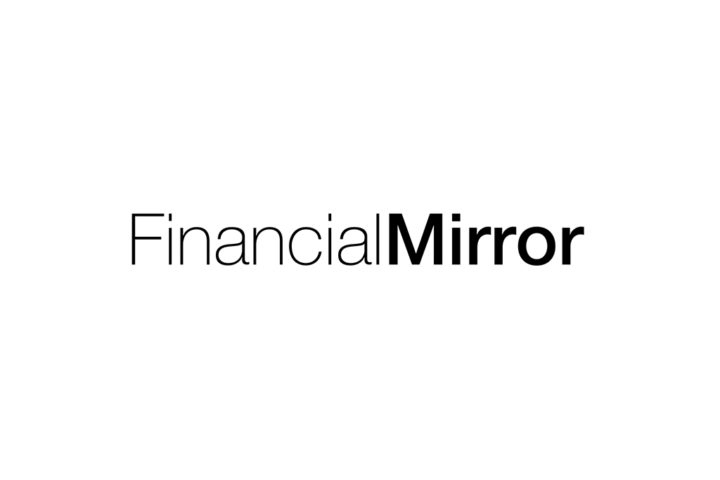Successful implementation of Cyprus’s recovery plan could revitalise efforts to enhance the efficiency of the judicial system, public administration, and the economy’s green and digital transition, DBRS Morningstar said.
It comes after confirming the Cyprus deposit ratings over the weekend, maintaining a ‘stable’ trend.
DBRS Ratings GmbH (DBRS Morningstar) confirmed the Republic of Cyprus’ long-term foreign and local currency – issuer ratings at BBB (low) and the short-term foreign and local currency – issuer ratings at R-2 (middle).
“The stable trend reflects the view that risks to the ratings are broadly balanced despite the considerable deterioration in economic performance and public finances caused by the coronavirus disease (COVID-19).”
DBRS analysts said, “the DISY-led government has shown a strong commitment to promoting sound fiscal policies and to addressing the country’s economic challenges.
“However, the government’s lack of majority in the House of Representatives has resulted in delays in adopting pending reforms.”
The DBRS warned the approval of structural reforms “will most likely need cross-party support.”
“Political pressure to the government mounted recently over Cyprus’ citizenship-by-investment scheme and resulted in delays in the adoption of the 2021 Budget.
“Nevertheless, Cyprus benefits from a stable political environment and sound institutions, which is also reflected in its strong performance in the World Bank Governance Indicators.”
DBRS Morningstar said it expects policy continuity after the next legislative elections on May 30.
The analysis added that the weaker macroeconomic environment triggered by COVID-19 “could lead to a surge in problematic assets over time as the support measures are withdrawn.
“The Cypriot banking system exhibits significantly higher exposure to the most affected to the pandemic when compared to the EU average.
“The end of the first payment moratorium in response to the pandemic, which took place from March to December 2020, could lead to new NPEs in 2021, especially for the hardest-hit sectors such as the hospitality, entertainment and transport.”
DBRS said the use of this scheme was extensive, with about half of the performing portfolio entering into moratorium (around €11 bln), split roughly equally between corporate and household loans.
Nevertheless, asset quality has been relatively stable in the first months of 2021, and the usage of a second moratoria scheme has been small.
It said the ratings could be upgraded if economic growth and a sound fiscal position return, which would lead to the resumption of the downward trajectory in the public debt ratio.
Moreover, further progress in reducing banks’ legacy NPEs and the strengthening of the banking sector would be positive for the ratings.
On the downside, DBRS Morningstar concluded that the ratings could be downgraded “as a result of a prolonged period of significantly weak growth, combined with large fiscal imbalances or materialisation of large contingent liabilities.
“A material reversal of the downward trajectory in NPEs could also be negative.”
The current rating remains unchanged from a year ago, when DBRS Morningstar confirmed the long-term foreign and local currency – issuer ratings at BBB (low) and changed the trend to ‘stable’ from ‘positive’, with the short-term foreign and local currency – issuer ratings at R-2 (middle) and the trend also changed to ‘stable’ from ‘positive’.










